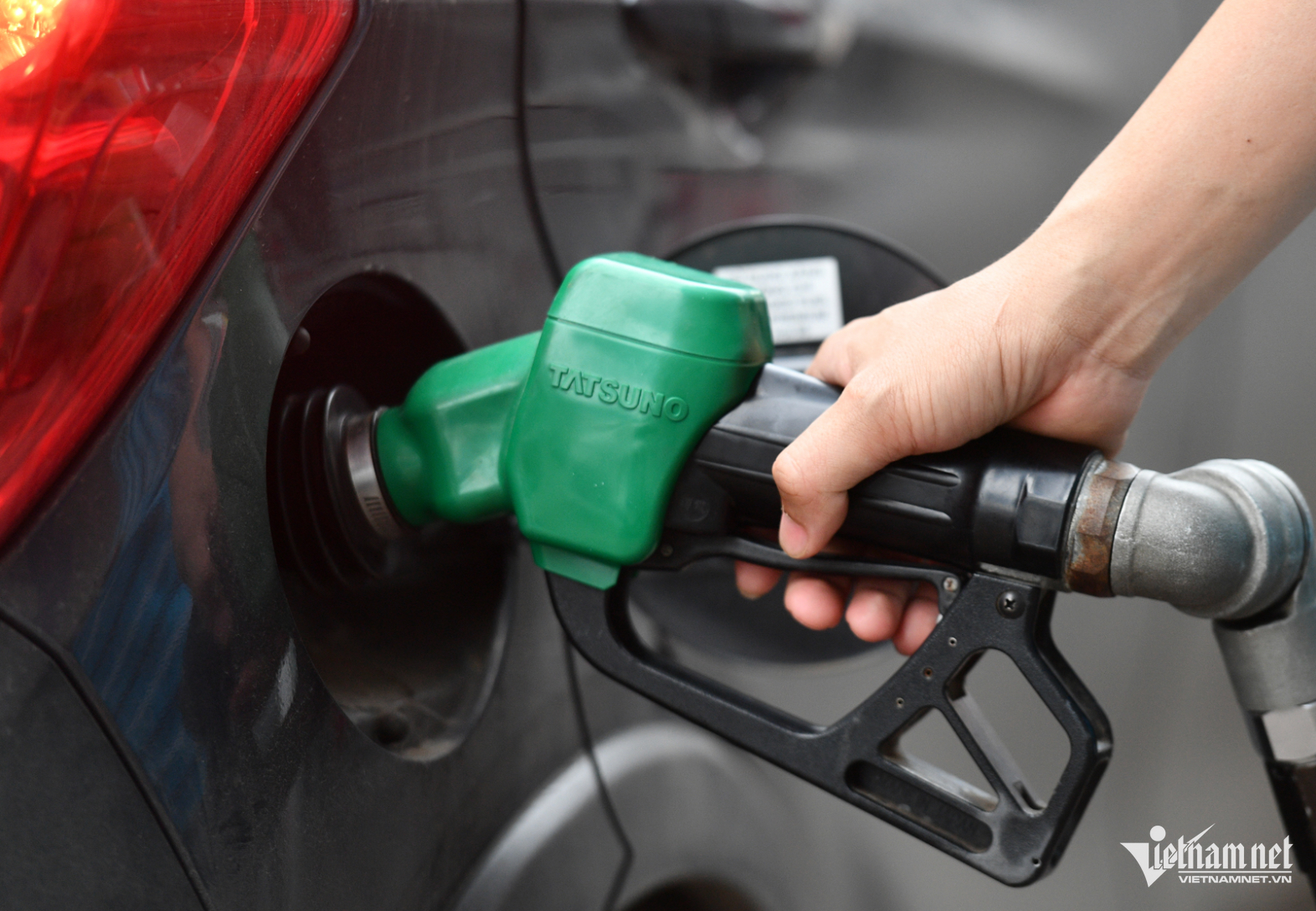
In an interview given to VietNamNet on the draft decree, which will replace current one on petroleum business, Nguyen Tien Thoa, chair of the Vietnam Price Appraisal Council, emphasized the need for institutional reform to create a favorable business environment.
The draft decree on petroleum business being compiled by Ministry of Industry and Trade has not received a high consensus from agencies and experts. What are your comments about the new proposals in the draft decree?
It is true that there are many dissenting voices about the draft decree. Some experts commented that the most important provisions of the draft decree cannot meet the requirements of production and business practices, and that it even contradicts relevant laws.
For example, under the draft decree, distribution businessmen are not allowed to buy petroleum products from each other to provide to the market. There should be regulations to ensure the transparency of the business environment to ensure fair competition between ‘distribution businessmen’ not belonging to systems set up by ‘key traders’, and distribution businessmen belonging to systems set up by ‘key traders’.
Regarding petroleum pricing, the Politburo’s Resolution No 55 released in 2020 requested to ‘apply market-based pricing for all kinds of energy’, and 'remove all barriers to ensure transparent prices of energy which are determined by the market’.
The 2023 Law on Price stipulates that gasoline is not a product which has prices determined by the state. Gasoline prices must be determined by enterprises based on market demand/supply. Only when abnormal fluctuations occur in the market will the state apply necessary measures to stabilize prices. One of the measures is setting ceiling prices for a definite time.
However, under the draft decree, in normal conditions, businesses can determine retail prices, but the prices must not exceed the maximum prices to be defined based on formulas and expenses set by the state.
So, the state would still set ceiling prices on petroleum products, which is not in line with Article 8 of the Law on Prices.
With the draft decree, Vietnam would still maintain the petroleum price stabilization fund, but there is no guide about fund use and management, and therefore, it doesn’t come in line with Article 19 of the Law on Prices.
The law stipulates that the government should set regulations on the management and use of the fund, and take responsibility to ensure openness and transparency in fund use and management.
So, do you disagree with the proposal on prohibiting distributors from buying petroleum products from each other? What are the reasons?
Petroleum is a conditional business as stipulated in Appendix IV, issued with the 2020 Investment Law No 61. Therefore, all new regulations must comply with other relevant laws.
Therefore, it is absolutely not advisable to stipulate a content that is considered a business condition, but by nature is not a business condition, such as the regulation that distributors are not allowed to buy goods from each other.
I have to remind you that ‘business conditions’ and the ‘right to do business’ are different definitions which need to be differentiated.
In my opinion, once businesses comply with the laws and meet all business conditions as stipulated, they must have the right to do business. This is the right stipulated in the Commercial Law.
MOIT explained that it set the regulation (prohibiting distributors from buying products from each other) after considering the government inspectors’ conclusion: “As ‘key traders’ and ‘distribution businessmen’ are allowed to buy goods from each other, this leads to inaccurate figures about total supply, which affects decisions to harmonize demand and supply. Also, this creates many intermediaries in the supply chain. Do you think the new draft decree can solve this problem? Is the reason given by MOIT reasonable?
The government inspectors released a conclusion after the inspection tour on observing laws in state management in the period from 2017 to June 30, 2022. However, the petroleum trading situation has become different.
I believe that allowing businessmen to trade products with each other is quite a normal thing in the market economy, which doesn’t contradict the Commercial Law. In principle, enterprises must have the right to determine petroleum prices.
Tam An - Luong Bang